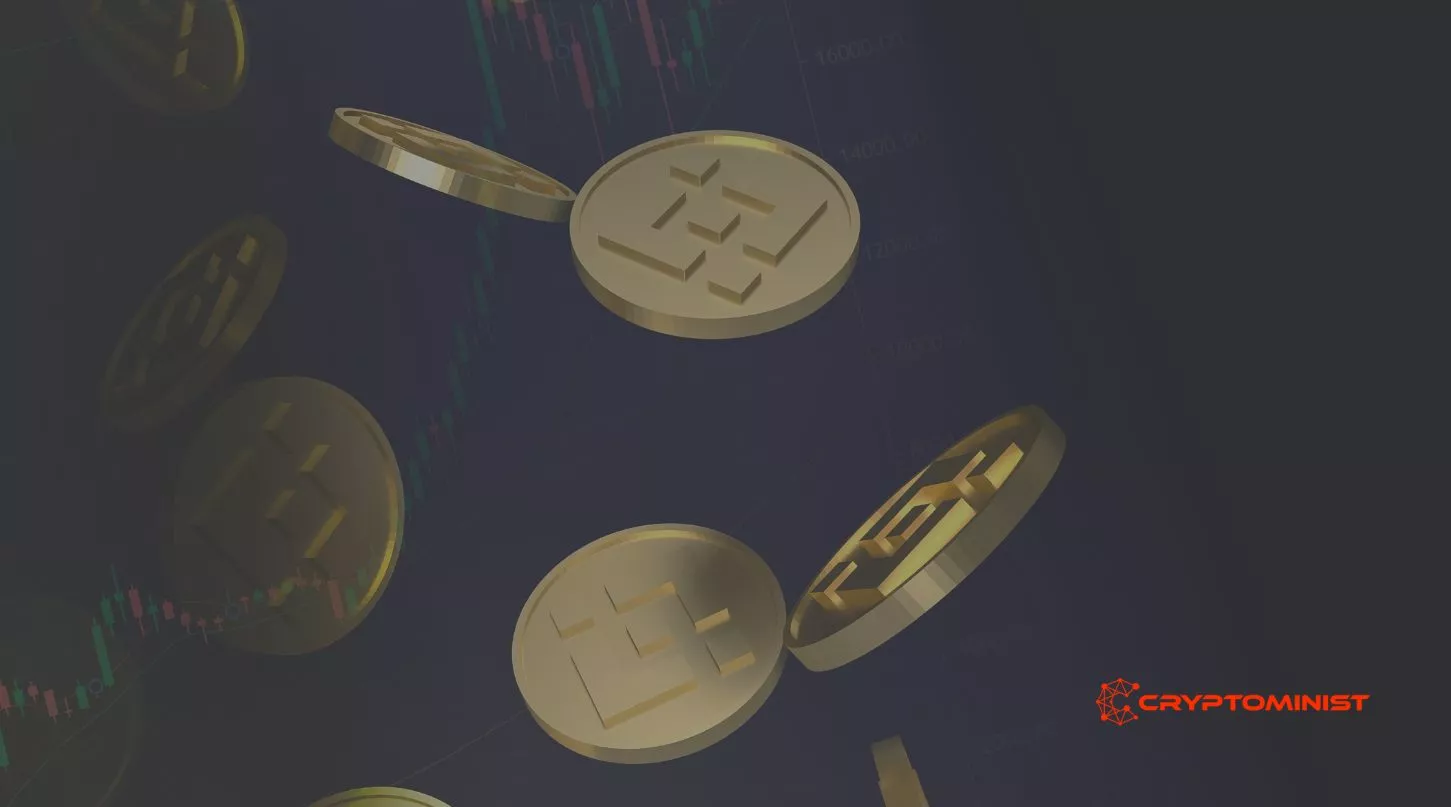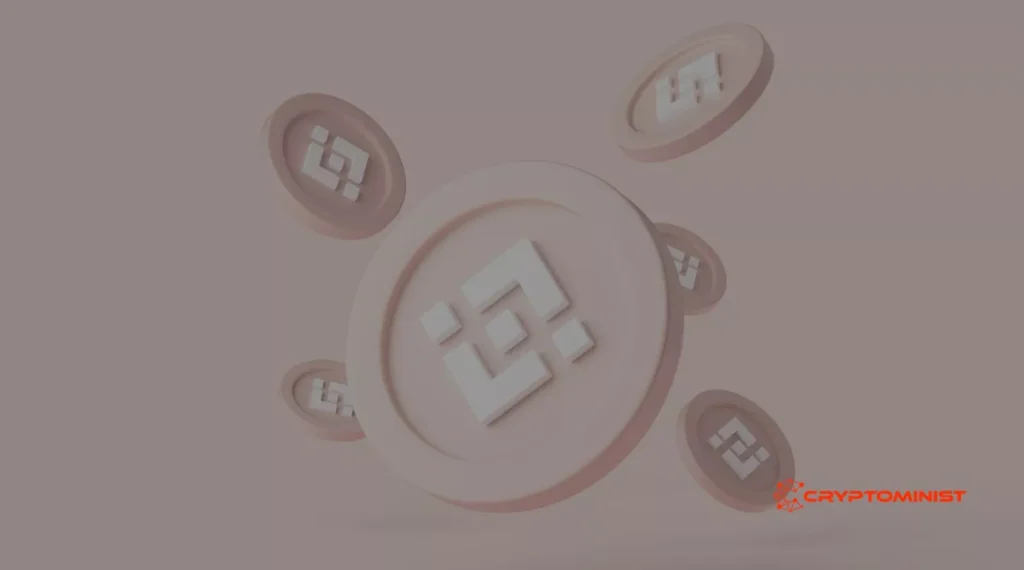Binance Coin (BNB) is a cryptocurrency created by one of the world’s largest cryptocurrency exchanges, Binance. Since its inception in 2017, BNB has played a multifaceted role in the cryptocurrency ecosystem. This article delves into the history, technology, use cases, and significance of Binance Coin.
The History of Binance Coin

Binance Coin was introduced as part of the Binance exchange’s initial coin offering (ICO) in July 2017. Binance, founded by Changpeng Zhao (CZ), quickly rose to prominence as a leading cryptocurrency exchange, known for its user-friendly interface and comprehensive services. BNB was primarily launched to fund the development of the Binance platform.
Key Milestones:
- July 2017: Binance conducts its ICO, raising $15 million by selling 100 million BNB tokens at a price of $0.15 each.
- 2018: BNB begins expanding its utility beyond fee payments within the Binance exchange, including use cases in blockchain projects and initial exchange offerings (IEOs).
- 2019: Binance Launchpad, an IEO platform that exclusively accepts BNB for token purchases, gains popularity.
- 2021: BNB becomes one of the largest cryptocurrencies by market capitalization, driven by Binance’s growth and various use cases.
How Does Binance Coin Work?
BNB operates on the Binance Chain, a blockchain developed by Binance to facilitate fast, low-cost transactions. Binance Chain utilizes Tendermint Byzantine Fault Tolerance (BFT) consensus to achieve near-instant finality. Here are the core features and use cases of Binance Coin:
- Transaction Fee Payment: Initially, BNB was created to pay for trading fees on the Binance exchange. Users could enjoy discounts by using BNB to cover these fees. This use case remains central to BNB’s functionality.
- Cryptocurrency Exchange: Binance Coin is actively traded on various exchanges and serves as a valuable cryptocurrency investment. Its liquidity and widespread availability make it attractive to traders.
- Binance Ecosystem: BNB’s utility extends to the broader Binance ecosystem. It is used for participation in token sales on Binance Launchpad, staking in Binance Savings, and collateral for Binance loans.
- Gas Fees: BNB can be used to pay for gas fees on the Binance Smart Chain (BSC), a parallel blockchain developed by Binance. BSC allows for smart contracts and DeFi applications with lower transaction costs.
- Cross-Border Transactions: BNB can be used for cross-border transactions and remittances, taking advantage of Binance Chain’s rapid settlement times.
- DeFi and NFTs: BNB’s use cases extend to the broader DeFi (Decentralized Finance) space and NFT (Non-Fungible Token) marketplaces, providing users with opportunities to interact with decentralized applications and digital collectibles.
Use Cases of Binance Coin
The versatility of Binance Coin has contributed to its wide range of use cases:
- Trading: Binance Coin is a popular trading pair on many cryptocurrency exchanges. Traders often use BNB to access various trading pairs and liquidity.
- Fee Discounts: Binance users can save on trading fees by using BNB as a payment method. This has incentivized users to hold and use BNB.
- Participation in Binance Launchpad: Binance Launchpad provides a platform for new projects to raise capital. Participants use BNB to subscribe to new token offerings, giving it a vital role in the fundraising ecosystem.
- Staking and Savings: Binance offers savings and staking programs for users to earn passive income on their BNB holdings.
- DeFi and NFTs: The Binance Smart Chain ecosystem has witnessed the growth of decentralized applications and NFT marketplaces, many of which incorporate BNB.
Conclusion
Binance Coin (BNB) has transcended its initial purpose as a utility token for covering trading fees on Binance to become a multifunctional cryptocurrency. Its use cases extend far beyond fee payments, making it an essential part of the Binance exchange ecosystem and a bridge to the broader cryptocurrency and DeFi space. With its consistent growth, partnerships, and integration into various platforms, Binance Coin remains a cryptocurrency to watch for both traders and those interested in blockchain-based applications.
If you like reading the above article, you may also like reading:







